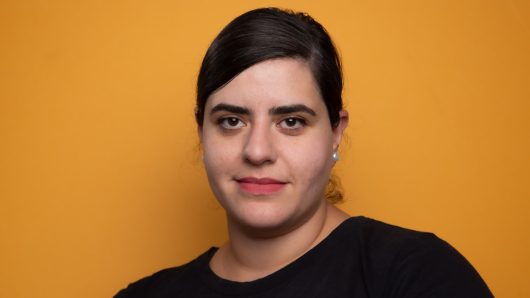
Current Research Areas: privacy, surveillance and social control; internet and platforms; technological openness movements; youth and media; networked social movements; feminist and postcolonial STS; design justice; artificial intelligence; trust and safety in the global majority
Mariel García-Montes is a technology capacity builder and researcher from Mexico. Her sociotechnical research investigates the political configurations underlying today’s data technologies in the global majority world, and how they come into being through intention, resistance, and circumstance.
Currently, she is in the final stages of her PhD, and her dissertation focuses on the 20th and 21st century trajectories of surveillance technologies in Mexico. Mariel’s main topics of research and practice are privacy and information security, technological openness movements, public interest technology, and participatory processes.
Mariel has worked in communications, instructional design, and research around artificial intelligence and open data, privacy and security, and other digital literacies for civil society organizations around the world. She has worked with organizations like UNICEF, Wikimedia Foundation, Internews, and the Latin American Initiative on Open Data (ILDA). Her academic expertise has informed the funding of over 200 technological openness initiatives around the world, and her research has documented technological success stories in the global majority.
Most recently, Mariel was a research assistant at the Center for Civic Media at the MIT Media Lab. There, she collaborated with faculty and other researchers on the Codesign Studio and the Design Justice projects. The main outcome of her research was a thesis on organizational approaches to work on youth and privacy issues in the Americas.
Mariel holds a BA in Philosophy from the National Autonomous University of Mexico and an MA in Comparative Media Studies from the Massachusetts Institute of Technology. She is an affiliate at the Berkman Klein Center for Internet and Society at Harvard University and at the Data + Feminism Lab at the MIT Department of Urban Studies and Planning.